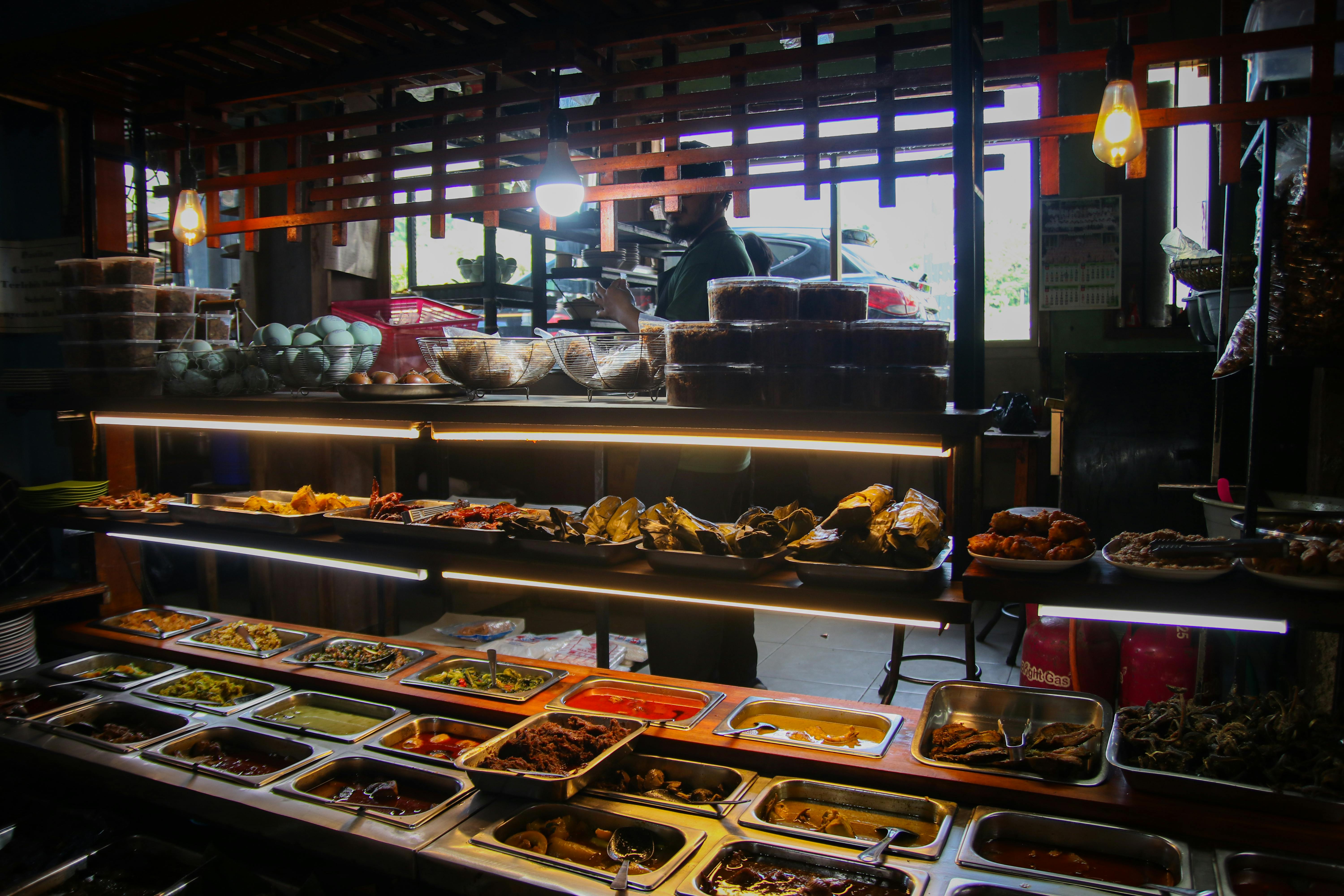Exploring the World Through Culinary Genealogy
Embark on a journey that traces your ancestral roots through the flavors of global cuisine. Culinary genealogy is revolutionizing how travelers connect with their heritage, offering a unique blend of gastronomic adventure and personal discovery. This emerging trend combines DNA testing, historical research, and immersive food experiences to create deeply meaningful travel itineraries.

The concept gained traction in the mid-2010s when several travel agencies began offering DNA-based heritage tours. These initial offerings focused primarily on visiting key historical sites related to one’s ancestry. However, forward-thinking tour operators soon recognized the potential of incorporating local cuisines into these journeys, giving birth to culinary genealogy as we know it today.
How Culinary Genealogy Works
The process typically begins with a DNA test to determine the traveler’s genetic heritage. This information is then used to create a customized itinerary that focuses on the regions where the traveler’s ancestors lived. However, unlike traditional heritage tours, culinary genealogy places food at the center of the experience.
Travelers might find themselves learning to make pasta in a small Italian village where their great-grandparents once lived, or sampling traditional fermented foods in a Korean market that their ancestors may have frequented. The journey often involves visiting local markets, participating in cooking classes, dining with local families, and exploring food museums that showcase the culinary history of the region.
The Psychology Behind the Trend
The appeal of culinary genealogy lies in its ability to create a tangible, sensory connection to one’s past. While visiting historical sites can be informative, tasting the same flavors your ancestors might have enjoyed creates a profound emotional link to your heritage. This sensory experience triggers memories and emotions in a way that visual or auditory stimuli often cannot.
Moreover, food serves as a gateway to understanding the daily lives, cultural practices, and environmental conditions of our ancestors. By exploring traditional ingredients, cooking methods, and dining customs, travelers gain insight into the challenges and joys their forebears may have experienced.
Technological Advancements Fueling the Trend
Recent advancements in DNA testing and data analysis have made culinary genealogy more accessible and accurate. Some companies now offer specific genetic markers related to taste preferences and food tolerances, allowing for even more personalized culinary experiences.
Additionally, artificial intelligence and machine learning algorithms are being employed to analyze historical records, recipes, and genetic data to create more nuanced and authentic travel itineraries. These technologies can identify specific dishes, ingredients, or cooking techniques that may have been prevalent in a traveler’s ancestral region during a particular time period.
Challenges and Considerations
While culinary genealogy offers a unique and enriching travel experience, it’s not without its challenges. One major consideration is the accuracy and interpretation of DNA tests, which can sometimes provide conflicting or overly broad results. Travel planners must work closely with genetic counselors and historians to ensure the accuracy of their offerings.
Another challenge lies in balancing authenticity with modern tastes and dietary restrictions. Many traditional dishes may not appeal to contemporary palates or may conflict with current dietary trends. Tour operators must find ways to honor historical accuracy while still providing enjoyable culinary experiences.
Savoring Your Heritage: Tips for Culinary Genealogy Travel
-
Research family recipes before your trip to create a personal connection to the dishes you’ll encounter
-
Learn basic food-related phrases in the local language to enhance your market and dining experiences
-
Seek out small, family-owned restaurants that have been in operation for generations
-
Consider staying in accommodations with kitchen facilities to practice recreating local dishes
-
Document your culinary discoveries through a food journal or blog to share with family members
-
Bring home local spices or shelf-stable ingredients to continue your culinary exploration at home
As travelers increasingly seek meaningful and personalized experiences, culinary genealogy stands out as a trend that offers both adventure and introspection. By tracing our roots through the universal language of food, we not only satisfy our taste buds but also nourish our sense of identity and connection to the past. Whether you’re a seasoned foodie or simply curious about your heritage, culinary genealogy offers a rich and flavorful way to explore the world and yourself.




